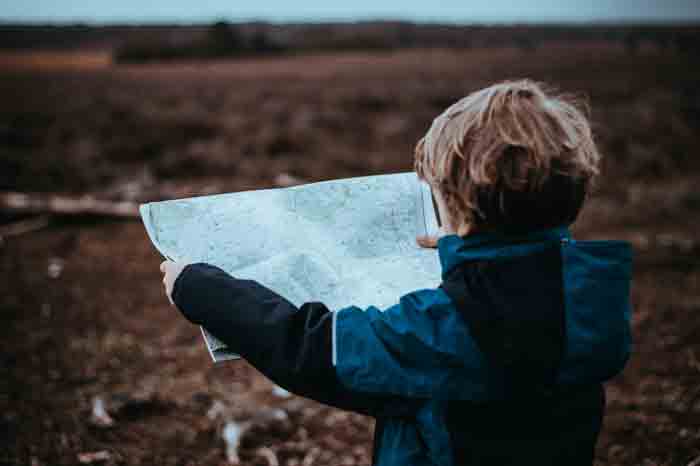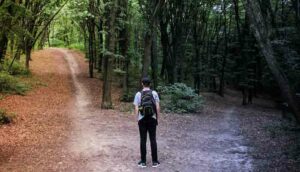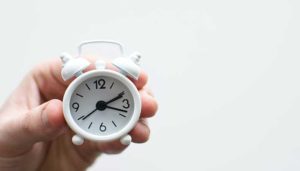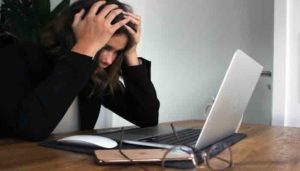Describe a time when you used a map.
You should say:
When it was?
Where you were?
What you did?
And explain how you felt about it.
Note: You will have to talk about the topic for one to two minutes. You have one minute to think about what you are going to say. You can make some notes to help you if you wish.
Model Answer:
Introduction:
In a world where digital navigation has become the norm, there was a memorable instance when I decided to use a traditional paper map. This experience stands out as it was both challenging and rewarding in its own unique way.
When it was:
This happened last summer, during a time when the weather was ideal for outdoor adventures.
Where you were:
My journey took me to a hill station in the Western Ghats, a renowned mountain range in India. This region is celebrated for its lush greenery, scenic trails, and diverse wildlife, making it a popular destination for nature enthusiasts.
What you did:
To prepare for this trip, I purchased a physical map of the area. I had been informed that relying on mobile networks in the hilly terrain could be tricky.
The map detailed not only the main roads but also smaller paths and highlighted various points of interest, including historical landmarks and natural attractions.
Each day, I used the map to navigate and explore different parts of the region, carefully plotting my course and identifying landmarks to guide my way.
How you felt about it:
Using the map was an exhilarating experience. It brought a sense of old-school adventure to my journey, making me feel like an explorer charting unknown territories.
There was a certain joy in successfully locating a destination using the map, which gave me a deeper sense of connection to the landscape I was traversing. It also sharpened my observation skills, as I had to be more attentive to my surroundings to ensure I was following the map correctly.
Conclusion:
Overall, the experience of using a traditional map on my trip was incredibly rewarding. It added a layer of engagement and discovery to my travels that I wouldn’t have experienced if I had solely relied on digital navigation. This journey reminded me of the pleasures of navigating in a more tactile and interactive manner.
IELTS Speaking Part 3 : Follow up Questions
Here some examples of follow up questions that you may asked during your speaking part 3 by examiner related to cue card “describe a time when you used a map”.
1. Do you often get lost?
Personally, I don’t often get lost, thanks to the availability of digital maps and GPS technology. However, there are occasions, especially in unfamiliar areas or when technology fails, where I might find myself a bit disoriented. In such situations, I rely on traditional methods like asking locals for directions or using a physical map.
2. Is map-reading skill important?
Yes, map-reading is an important skill. Despite the prevalence of digital navigation tools, the ability to read a physical map is invaluable, especially in situations where electronic devices are not accessible or reliable. Map-reading not only helps in navigation but also enhances spatial awareness and the ability to understand geographical contexts.
3. Are some people better at map-reading than others?
Certainly, some people are better at map-reading than others. This skill often depends on an individual’s spatial awareness, experience, and practice. Some people have a natural aptitude for understanding and interpreting maps, while others may find it more challenging. Like any skill, map-reading can be improved with practice and experience.
4. Why do some people like traveling to other places?
People are drawn to traveling for various reasons. It offers an opportunity to explore new cultures, landscapes, and experiences, broadening one’s perspective and understanding of the world. Traveling can be a way to escape the routine of daily life, seek adventure, relax, or even find personal growth. For many, it’s about the joy of discovering new places, meeting new people, and creating memories.
5. Should they find information about the place before going there?
Yes, it’s advisable to gather information about a place before visiting. Researching beforehand helps in planning the trip more effectively, ensuring safety, and making the most of the experience. Understanding the local culture, customs, language, and laws is important to avoid any cultural insensitivity or legal issues. Knowing about the weather, transportation options, and popular attractions can also enhance the travel experience.






